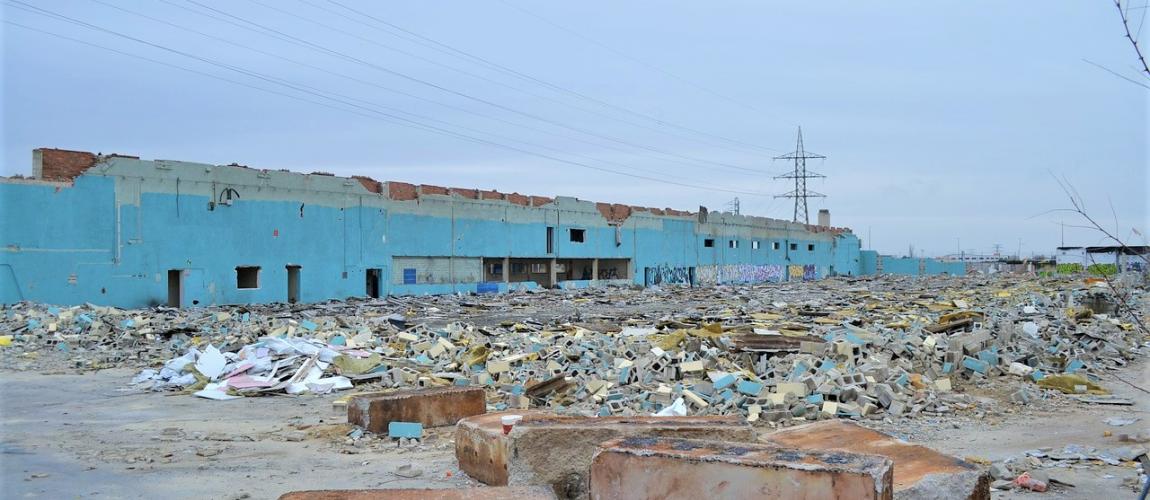Sample PPP Project Documents, Contracts and Contractual Provisions in FCS

Examples of PPP project documents, contracts and contractual provisions that relate to successful PPP infrastructure projects in high-risk environments, in particular FCS, organized by sector and country: Haiti Mali Rural Electrification Model Financing Agreement for Household and Rural Electrification, Mali 2015 - This agreement sets forth the rights and responsibilities of the concession operator and the Malian Agency for the Development of Household Energy and Rural Electrification (Agence Malienne pour le Developpment de l'energie domestique et de l'electrification rurale, AMADER) in financing a new project. The operator is allowed to provide cash or “in kind” contributions and must provide proof of these contributions within 60 days after the signing of the financing agreement. Article 3 provides a detailed description of when and how AMADER will provide its grants. AMADER agrees to disburse 25% of its total grant when the operator provides proof of its contribution. The remaining 75% is disbursed according to pre-determined “stages of work. Solomon Islands Kosovo Benin, Burkina Faso, Mali, Niger Cameroon Contrat de Concession de Travaux Publics et de Gestion du Patrimoine de l'Hydraulique Urbaine et Periurbaine au Profit de la Camwater (contract of concession and management of infrastructure) for the provision of water services in Cameroon between the government of Cameroon and the state-owned company, Cameroon Water Utilities Corporation (Camwater), which is a state-owned asset holding company in charge of managing the property and rights concerning the drinking water service in urban and suburban areas, and is responsible for the construction, maintenance and management of infrastructure, capture, production, storage and transportation of potable water. Power
Being the first PPP project for the Solomon Islands it required careful coordination of the interests of many stakeholders, including land owners and local community members. The Community Benefit Sharing Program (CBSP) was designed to enhance the positive impacts of the project to the communities in the project area by promoting investment in basic services and infrastructure for the local communities and fostering support and cooperation by the communities towards the success of the project. The Water Supply and Sanitation Subcomponent is designed to fund community investments in water supply and electricity infrastructure as preliminary benefits to the communities before the hydropower operation actually starts generating benefit sharing revenues. It includes a Rural Electricity Program. The Human Resource Component of the CBSP aims to support the members of communities in the project area in accessing employment opportunities to be created by TRHDP during and after construction. A Gender Action Plan (GAP) has been prepared in support of the project. The GAP aims to help ensure that women will have equitable access to project benefits and equitable voice in project-related activities.
The project is described in detail on a website published by the Ministry of Mines, Energy and Rural Electrification. Among the project-related documents published on the site are the Environmental and Social Impact Assessment (2019), the Land Acquisition and Livelihood Restoration Plan (2017), the Gender Action Plan (2017), and the Community Benefit Share Plan (2017), as well as the Community Development Plan (2017). Transport
Water
Updated: July 22, 2024
Related Content
PPPs in Fragile and Conflict-Affected States (FCS)
Type of ResourceModels for Private Sector Engagement in FCS
Type of ResourceSuccess Factors for Private Engagement in FCS
Type of ResourcePPP Institutional, Legal, and Regulatory Frameworks in FCS
Type of ResourceSample PPP Project Documents, Contracts and Contractual Provisions in FCS
Type of ResourceCase Studies in FCS
Type of ResourceFurther Reading and Resources on FCS
Type of Resource